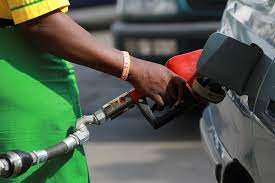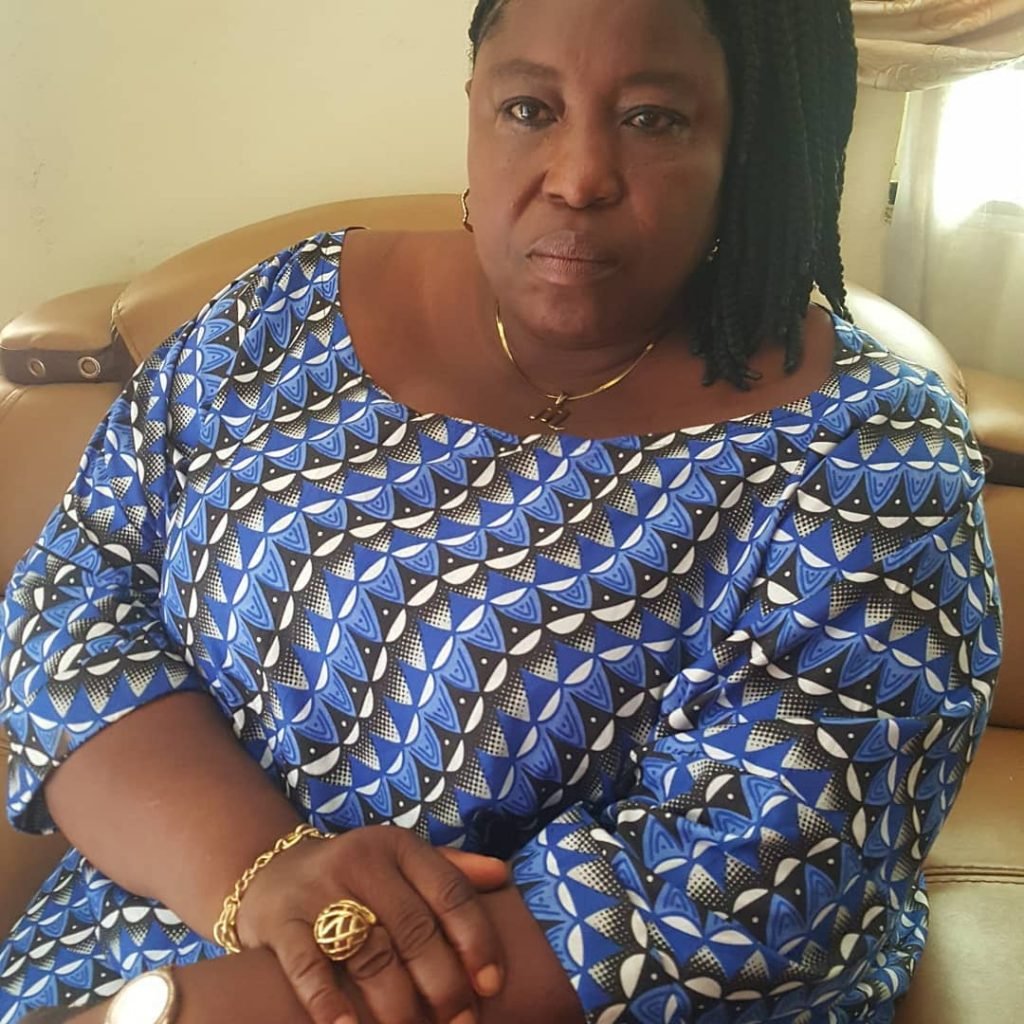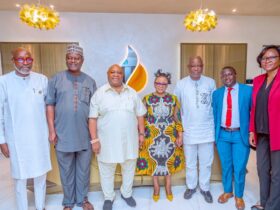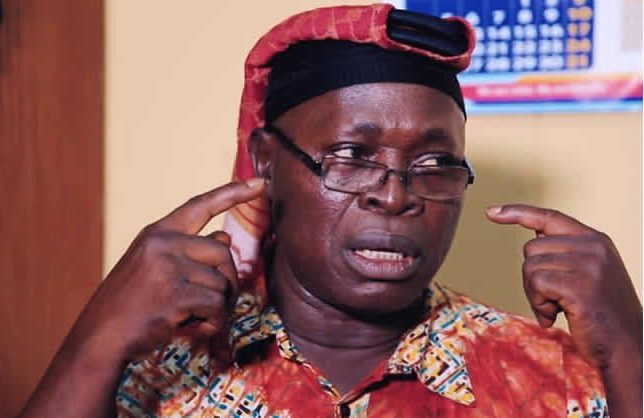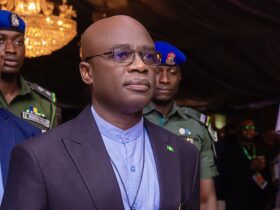Justice Binta Nyako of a Federal High Court sitting in Abuja has adjourned till January 30 to deliver judgment in a suit seeking to stop the Independent National Electoral Commission (INEC) from dis-enfranchising eligible voters in the forthcoming general elections.
The Judge fixed the date for the judgement on Monday after counsel in the matter adopted their written addresses.
The Incorporated Trustees of International Society for Civil Liberties and the Rule of Law, Barr. Emmanuel Chukwuka and Bruno Okeahialam had, in their suit asked the court to determine whether INEC can, as a consequence of its own contraption, bottleneck, compromise or negligence disenfranchise or deprive Nigerians the right or opportunity to vote in the forthcoming general election, having regard to the true intention of Section 47(1) of the Electoral Act, 2022.
The plaintiffs, in their suit numbered, FHC/ABJ/CS/2022 want the court to declare that, having duly registered and captured in the INEC register of Voters and electronic database of registered voters, they, and the person’s they represent in the suit are entitled to vote in the general election.
While adopting his brief, counsel to the plaintiffs, Max Uzoaka prayed the court to declare that all persons who have duly registered with INEC as voters and whose names are contained in its register of voters and, or electronic data base of registered voters should not be deprived the right to vote in the election.
He informed the court of a newspaper publication attached with the amended Originating summons of the plaintiffs, where-in INEC chairman, Prof Mahmood Yakubu acknowledged that INEC facilities were attacked and razed down.
Uzoaka said, INEC’s concept of “no PVC, no vote” will deprive eligible voters whose PVCs were burnt during the attacks on INEC’s offices the opportunity of voting during the election.
He told the court that the BVAS machine introduced by INEC can accept the last six digits on the Temporary Voter Card to display the biometrics of people who are registered for the purpose of voting.
INEC, he said has the responsibility of ensuring the safety of PVCS which are sensitive materials used during election.
In a counter affidavit, INEC, through its counsel, Abdulaziz Sani (SAN) prayed the court to dismiss the case of the plaintiffs for being frivolous.
The senior counsel said, the case of the plaintiffs was based on a newspaper report, which the Supreme Court had cautioned against relying upon.
He said the memorandum of the first plaintiff did not show whether their mandates include the case they brought before the court.
According to him, the BVAS machine do not require the last six digits to work, saying that, it is the PVC that enable the machine to recognise a voter.
The plaintiffs, he said have not proved that PVCs are in the INEC offices that were burnt, adding that, “As far as this suit is concerned, there is nothing to show that any PVC was burnt as claimed by the plaintiffs”.
He said plaintiffs’ amended Originating Summons was premature and speculative and should be dismissed by the court.
After adoption of written addresses of counsel and their submissions, Justice Nyako adjourned till January 30 for judgement.
The plaintiffs had prayed the court for an order, “Compelling the defendant (INEC) to release forthwith the Permanent Voters Cards (PVCs) of the plaintiffs and all members of their class to enable them vote in the forthcoming general elections”.
On the alternative, the plaintiffs want the court to direct the electoral body to reprint, distribute and release their PVCs and all the persons they represent in the suit or, allow them to vote with their old (temporal) voters cards or registration slips already issued and released to them by INEC.



